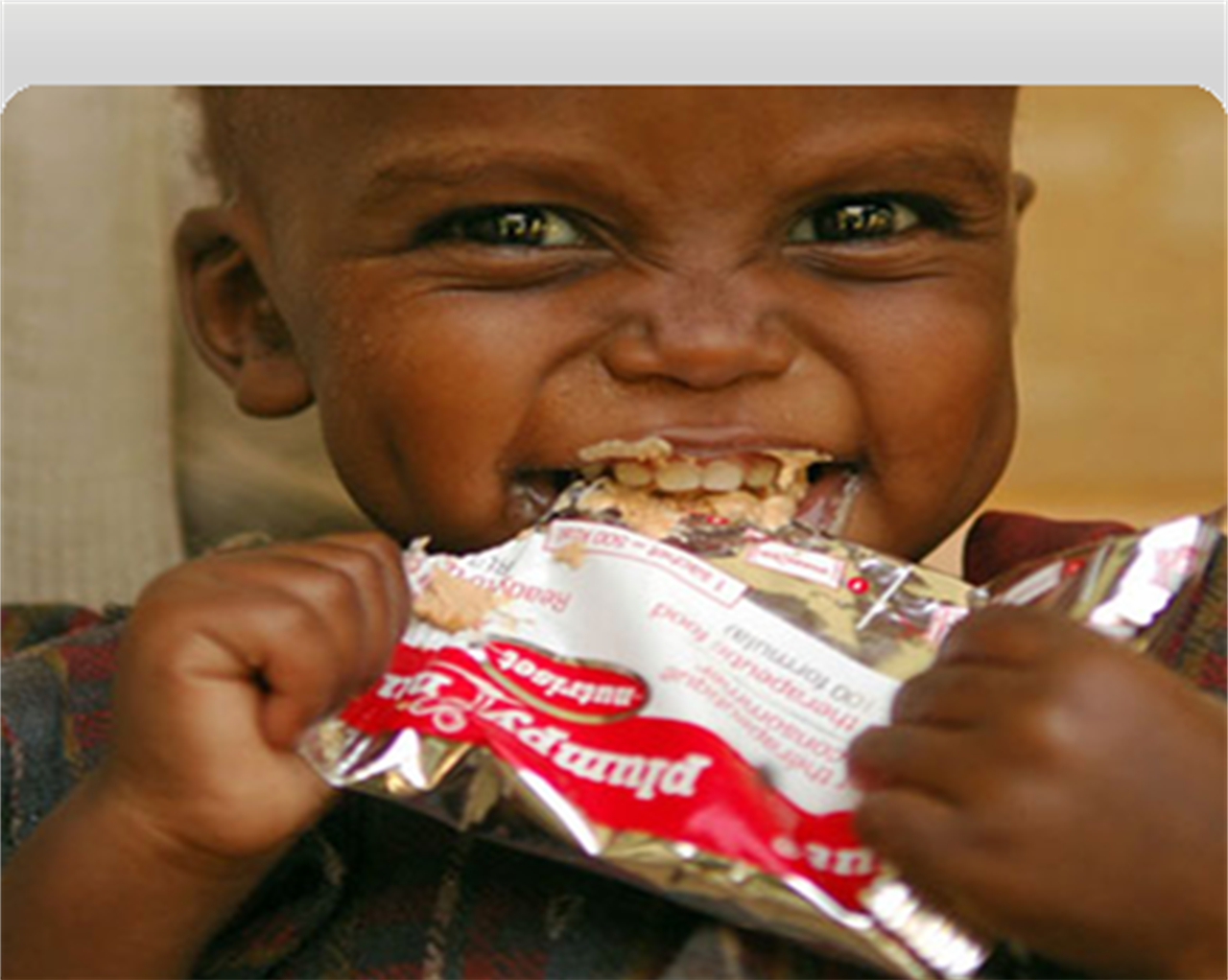Non profit
Plumpy’nut goes to court
Nutriset has been accused of stopping other companies from saving children's lives.
di Staff

The humanitarian world is beside itself because of a revolutionary peanut-based food which is saving tens of thousands of children’s lives in developing countries.
The illness it is saving them from is malnutrition, a disease that, according to the World Health Organization, represents over 50% of the causes of infant mortality in the world.
Often referred to as the “Nutella for the poor”, Plumpy’nut is a highly nourishing paste made of peanut, milk powder, oils and sugars. It is very rich in vitamins and mineral salts.
Today, a few years have gone by since the World Food Programme first praised Nutriset, Plumpy’nut’s producer, speaking of “a new era” for the humanitarian world.
Attention has moved to focus on a Federal Court in Washington D.C., where two American non profit organisations are bringing the French company to court.
Last 18 December, the Californian Foundation Mama Cares and the Texan Charity Breedlove Foods submitted a complaint against the patent which protects Plumpy’nut in the United States.
This patent, in fact, would prevent them to enter the Ruft – ready to use therapeutic food – market with two new products which are very similar to the French product and that could turn out to be less expensive: “Re: vive” and “VitalNut Pro”.
Mike Mellace, MamaCares’ President, claims that “some children are dying because Nutriset prevents other companies from producing a food which could save their lives.”
The accusation has been denied by Nutriset which, through its Director, Adeline Lescanne, has said that “not a single child in the world has been refused the product due to the legal action regarding the patent.”
The company insists on the point that the patent is not universal. In dozens of countries, such as Niger, Malawi and Kenya, Nutriset has built partnership and franchising networks which allows Plumpy’nut to be made locally using local products.
If any, problems must be looked for elsewhere.
“Today Ruft’s world productive capacity is equal to 60,000 tons per year, whereas reliable supply is only 30,000 tons,” Lescanne says.
The truth, they say at Nutriset, is therefore that international donors are not financing the struggle against malnutrition enough.
According to Unicef, 26 million children are undernourished in the world and less than one out of ten receives Plumpy’nut or an equivalent product.
In addition to this, the United States are the main suppliers of humanitarian aid.
However, as a result of pressure exuded by agricultural lobbies, national laws state that 99% of funds allocated to aid must serve to buy American agricultural production’s surplus.
Which would mean – in the case of MamaCares and Breedlove Foods – exporting a part of peanut production surplus of which the US are the most important producers in the world to the developing world.
If humanitarian organisations recognise Nutriset’s thesis, not everyone shares its patent strategy.
Among these, Doctors Without Borders, the first NGO to test Plumpy’nut on a large scale during the 2005 humanitarian crisis in Niger.
According to Tido von Schoen-Angerer, Director of the campaign for access to basic drugs, when it comes to the food sector, patents should be “an exception”, not the rule.
The fact that Nutriset is so present on the market of ready to use therapeutic foods, may also be connected to the way patents are being managed.
By Joshua Massarenti for Vita magazine. Translation by Cristina Barbetta.
Si può usare la Carta docente per abbonarsi a VITA?
Certo che sì! Basta emettere un buono sulla piattaforma del ministero del valore dell’abbonamento che si intende acquistare (1 anno carta + digital a 80€ o 1 anno digital a 60€) e inviarci il codice del buono a abbonamenti@vita.it
